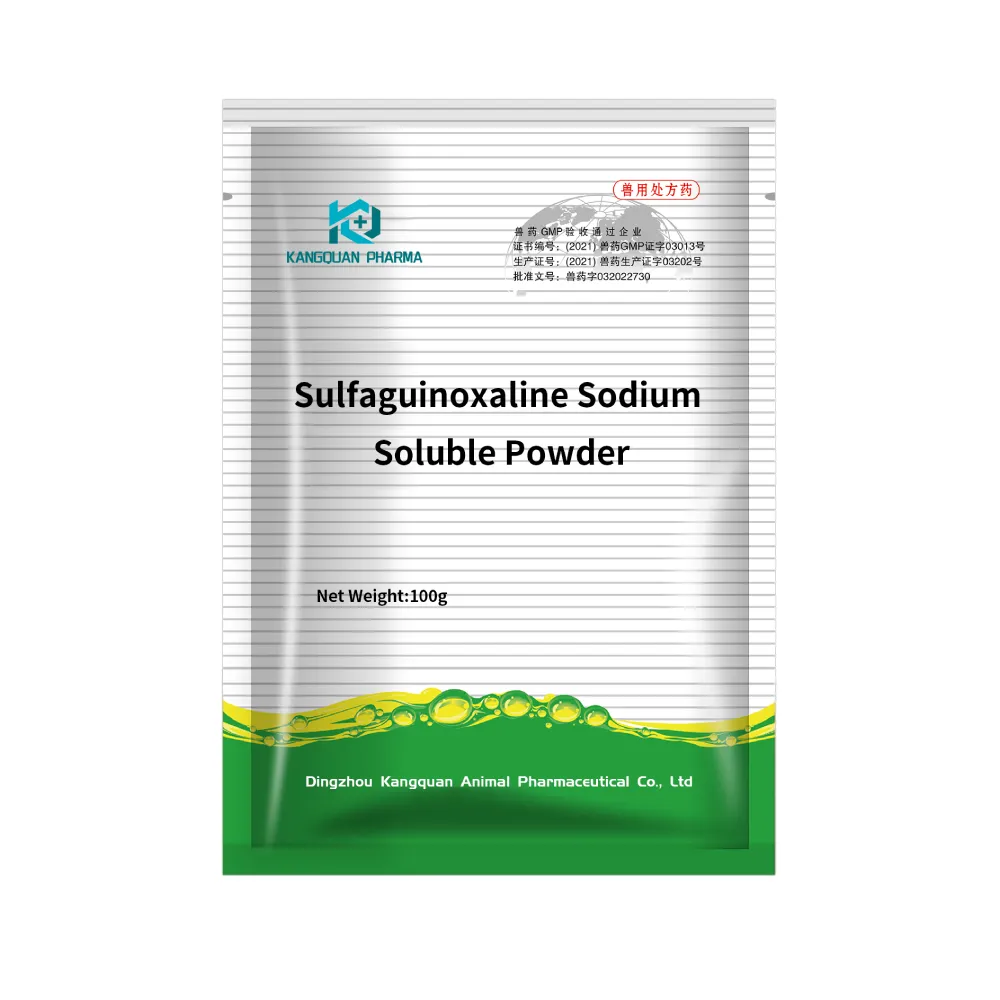- Afrikaans
- Albanian
- Amharic
- Arabic
- Armenian
- Azerbaijani
- Basque
- Belarusian
- Bengali
- Bosnian
- Bulgarian
- Catalan
- Cebuano
- Corsican
- Croatian
- Czech
- Danish
- Dutch
- English
- Esperanto
- Estonian
- Finnish
- French
- Frisian
- Galician
- Georgian
- German
- Greek
- Gujarati
- Haitian Creole
- hausa
- hawaiian
- Hebrew
- Hindi
- Miao
- Hungarian
- Icelandic
- igbo
- Indonesian
- irish
- Italian
- Japanese
- Javanese
- Kannada
- kazakh
- Khmer
- Rwandese
- Korean
- Kurdish
- Kyrgyz
- Lao
- Latin
- Latvian
- Lithuanian
- Luxembourgish
- Macedonian
- Malgashi
- Malay
- Malayalam
- Maltese
- Maori
- Marathi
- Mongolian
- Myanmar
- Nepali
- Norwegian
- Norwegian
- Occitan
- Pashto
- Persian
- Polish
- Portuguese
- Punjabi
- Romanian
- Russian
- Samoan
- Scottish Gaelic
- Serbian
- Sesotho
- Shona
- Sindhi
- Sinhala
- Slovak
- Slovenian
- Somali
- Spanish
- Sundanese
- Swahili
- Swedish
- Tagalog
- Tajik
- Tamil
- Tatar
- Telugu
- Thai
- Turkish
- Turkmen
- Ukrainian
- Urdu
- Uighur
- Uzbek
- Vietnamese
- Welsh
- Bantu
- Yiddish
- Yoruba
- Zulu
10 月 . 09, 2024 05:06 Back to list
poultry nutrition
Understanding Poultry Nutrition Vital Components for Optimal Growth and Production
Poultry farming is a significant segment of the agricultural sector, contributing not only to the economy but also providing a considerable source of protein for the global population. Understanding poultry nutrition is essential for farmers and producers to ensure that their flocks grow efficiently, remain healthy, and produce high-quality eggs and meat. Proper nutrition is the backbone of successful poultry farming, impacting growth rates, feed conversion efficiency, and overall productivity. This article aims to explore the vital components of poultry nutrition and their importance.
Key Nutritional Components
1. Energy Sources Energy is a crucial component of poultry diets, as it fuels growth, reproduction, and maintenance. The primary sources of energy in poultry feed include carbohydrates and fats. Grains like corn, wheat, and barley are commonly used because of their high carbohydrate content. Fats, such as vegetable oils or animal fats, provide a concentrated source of energy and can improve the overall palatability of the feed.
2. Proteins Proteins are essential for the growth and development of poultry, as they are the building blocks of body tissues. Amino acids, the constituents of proteins, are vital for numerous physiological functions. Poultry diets should include high-quality protein sources such as soybean meal, fish meal, and various by-products. It is important to balance the amino acid profile of the feed to meet the specific requirements of different poultry types, whether they are broilers, layers, or breeders.
3. Vitamins and Minerals Vitamins and minerals play critical roles in metabolic processes and overall health. Vitamins A, D, E, and the B-complex group are essential for growth, reproduction, and disease resistance. Minerals such as calcium, phosphorus, and magnesium are crucial for bone development, egg production, and metabolic functions. A well-formulated poultry diet incorporates both macro and micronutrients to ensure that birds receive all the necessary dietary components.
4. Water While not a feed component, water is often overlooked in discussions of poultry nutrition. It is vital for digestion, nutrient absorption, and metabolic functions. Ensuring that birds have constant access to clean, fresh water is essential for their health and productivity. Dehydration can lead to significant health issues and decreased production.
Feed Formulation and Quality
poultry nutrition

The formulation of poultry feed must be based on the specific needs of the birds at different stages of growth or production. For instance, chicks require higher protein levels for rapid growth, while layers need diets rich in calcium for eggshell formation. Conventional feed formulation is typically based on a least-cost strategy, ensuring that the nutritional requirements are met while minimizing expenses.
Feed quality is equally important, as high-quality feed can improve feed conversion ratios (FCR) and overall growth performance. Contaminants such as mold, mycotoxins, and pathogens in feed can adversely affect poultry health. Therefore, it is crucial to source ingredients from reputable suppliers and follow stringent quality control measures during feed production.
Innovations in Poultry Nutrition
Recent advancements in poultry nutrition have focused on enhancing the efficiency of feed utilization and minimizing waste. The use of prebiotics and probiotics has gained popularity as a method to improve gut health and nutrient absorption. These additives can enhance the birds’ immune responses and reduce the reliance on antibiotics, leading to healthier flocks and safer products.
Furthermore, research into alternative feed ingredients, such as insect proteins and food by-products, is providing new avenues for sustainable poultry nutrition. These alternatives can mitigate the environmental impact of conventional feed sources while ensuring that nutritional needs are met.
Conclusion
In conclusion, poultry nutrition is a complex yet vital aspect of poultry production that significantly influences the health and productivity of birds. Understanding and implementing a balanced diet that includes energy sources, proteins, vitamins, minerals, and clean water is critical for successful poultry farming. Additionally, continuous innovations and research in this field will undoubtedly contribute to more sustainable and efficient poultry production systems in the future. Therefore, poultry producers must prioritize nutrition to maximize the potential of their flocks and meet the growing demands for poultry products worldwide.
-
The Power of Radix Isatidis Extract for Your Health and Wellness
NewsOct.29,2024
-
Neomycin Sulfate Soluble Powder: A Versatile Solution for Pet Health
NewsOct.29,2024
-
Lincomycin Hydrochloride Soluble Powder – The Essential Solution
NewsOct.29,2024
-
Garamycin Gentamicin Sulfate for Effective Infection Control
NewsOct.29,2024
-
Doxycycline Hyclate Soluble Powder: Your Antibiotic Needs
NewsOct.29,2024
-
Tilmicosin Premix: The Ultimate Solution for Poultry Health
NewsOct.29,2024













